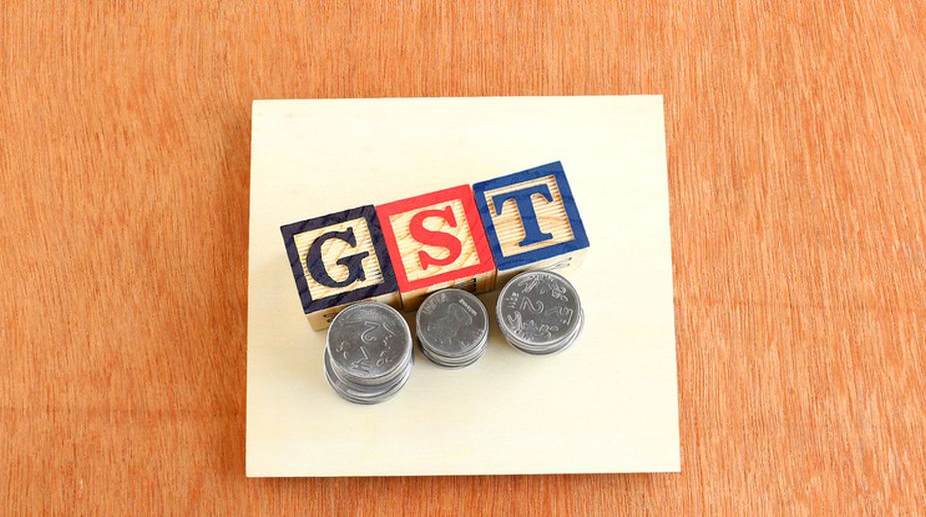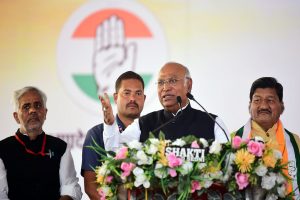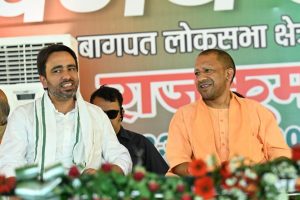The government should focus on relentless implementation of the Goods and Services Tax (GST) because in most cases, implementation of the indirect tax remains a challenge, research firm Crisil's Chief Economist D.K. Joshi said on Tuesday.
"Goods and Services Tax (GST) crossed all the legislative hurdles and what needs to be looked at is implementation, not only from viewpoint of preparedness but also from the point of view of some disruption that it can cause in the short run in terms of small, medium enterprises…. there are lots of gains to be reaped from GST. Focus should be on relentless implementation of GST.
"In most cases, implementation still shows as a major challenge…it will determine India's competitiveness," Joshi told BTVi in an interview.
In a recent report on the performance of the Narendra Modi government in the last three years, the research firm said policy prudence and some fortuitous tailwinds have meant India's macroeconomic fundamentals are looking much better.
"The decks are now clear for the implementation of the GST, the most fundamental and far-reaching indirect tax reform in decades. It's not optimal, but let the best not be the enemy of the good. Even with its imperfections, it could usher in significant benefits, especially through a quantum leap in transaction trails and logistical efficiencies," the report said.
Joshi also said India stands out from a global context. Over the past three years, the quality of growth has improved as it is backed by sound monetary and fiscal policies and moderate reforms.
"There has not been a sharp recovery. Even for GDP growth, if you take last three year's number, it would be around 7.3-7.4 per cent and if you take the average of last 13 years, it is around 7.8 per cent. It is still below the trend. The reason why it is below the trend is that the government has not used measures to boost it in the short term," he said.
He said the government maintained the monetary and fiscal prudence that means limited upside to the growth in the short run. The GDP is gradually inching up but it is not as fast as it used to grow earlier.
He also said commodities and oil prices have been reasonably low in the last three years that helped.
Joshi pointed out this has put the India's macro data in good shape and that is getting reflected in the inflow of capital. The underlying trend in the foreign direct investment which is share of FDI over time has been rising.
He also reminded the economy has challenges with increasing non-performing assets in the banking industry, falling investment-GDP ratio.











